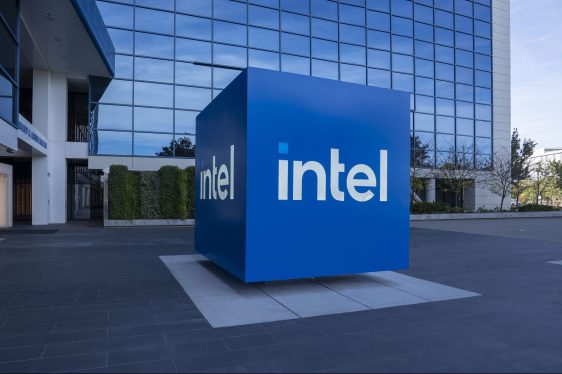If your startup is only remotely related to working with data pipelines, you’re probably trying to figure out how to capitalize on the current moment: Enterprises are trying to figure out how to best use data to power generative AI products, and to do that, they need robust data services. Airbyte, which launched in 2020, started with a focus on building a low-code/no-code open source data integration platform. Since then, Airbyte raised a total of $181.2 million, including a massive $150 million Series B round during the somewhat anomalous days of late 2021.
After four years, the company is now launching Airbyte 1.0 — and the focus, of course, is on AI, both as an addition to Airbyte’s own tools and to help its users build their own AI-based services.
Indeed, the company is now leveraging AI in a clever way to expand on its overall low-code/no-code philosophy: Its model will be able to look at the documentation for an API and automatically create a connector based on that. You simply point it at the documentation, and it’ll handle the rest (at least in theory; time will tell how well that works in practice, of course.)
As Airbyte co-founder and CEO Michel Tricot told me, he believes that one area where large language models are transforming how enterprise use their data is by making unstructured data far more useful — and usable.
“Structured data is just the tip of the iceberg when it comes to leveraging data’s full potential,” he said. “With the rise of LLMs, we can now efficiently tap into previously untouched unstructured data. … We’ve seen massive demand for handling multi-modal data. Our latest developments have been geared toward supporting intelligent, context-aware pipelines, optimizing frameworks like RAG, and automating pipeline creation based on customer data workflows. These innovations are crucial to unlocking advanced use cases and enhancing LLM performance.”
Because Airbyte is now so much better at managing unstructured data, its users can now leverage their existing pipelines to do that, without having to rely on additional tools.
In non-AI news, Airbyte’s connector now also supports GraphQL, which should help users access many additional datasets without even having to build custom pipelines.
With this release, Airbyte is also making its self-managed enterprise service generally available. Like with so many open source companies, the enterprise version, which is available on the AWS and GCP marketplaces, will offer features like single sign-on (SSO) and role-based access control (RBAC), as well as Airbyte-specific features like sensitive data masking and advanced observability.
Airbyte says it has 7,000 enterprise customers and has seen over 170,000 deployments by now. Its customers range from Calendly and Coupa to Perplexity AI and Siemens.
“Every company is a data company — to drive decision-making and as the foundation for AI initiatives,” Tricot said. “Only Airbyte, with our open source strategy enabling hundreds of connectors, can give enterprises the ability to leverage any data they choose. As AI continues to drive transformation, we’re delivering the technology and ecosystem required for organizations to build the data infrastructure needed for AI-driven innovation.”





